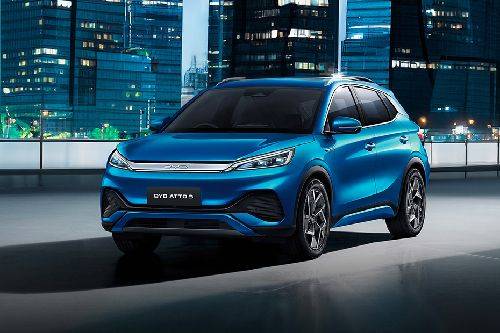Resale Value of Electric Vehicles vs Gas Cars

The resale value of electric vehicles vs gas cars is becoming an increasingly important topic as more consumers transition to greener options. As the automotive industry evolves, understanding the variables that impact vehicle resale values will help buyers make informed decisions, whether they are looking to purchase or sell their vehicles.
Introduction to Vehicle Resale Values

In the context of vehicle ownership, the concept of resale value refers to how much a car is worth when it’s time for its owner to sell it. This figure can be influenced by a variety of factors including market demand, brand reputation, and overall economic conditions. The significance of resale value cannot be overstated; it helps determine the total cost of vehicle ownership and influences initial purchasing decisions.
As electric vehicles (EVs) grow in popularity alongside traditional gasoline-powered cars, the comparison of their resale values becomes essential for potential buyers. Both markets have unique characteristics that influence the longevity and desirability of each type of vehicle, making it necessary to examine their individual dynamics closely.
Significance of Resale Value in Vehicle Ownership
A vehicle’s resale value plays a crucial role in assessing the overall financial implications of owning a car.
- Total Cost of Ownership: For many consumers, the initial purchase price is only part of the equation. The depreciation rate, which determines how much value a vehicle loses over time, directly affects the total cost of ownership. Higher resale values can mitigate losses incurred from depreciation.
- Investment Considerations: A car is often one of the most significant purchases individuals make, and understanding the resale value enables them to treat it as an investment. Those who anticipate selling their vehicle later can benefit financially from a higher resale value.
- Consumer Confidence: Resale value often reflects consumer confidence in a specific type of vehicle. A strong resale market indicates reliability and satisfaction among current owners, which can influence prospective buyers’ decisions.
Overview of Electric and Gasoline Vehicle Markets
The automotive landscape is currently characterized by a rapid shift towards electric vehicles, driven by technological advancements and increasing environmental awareness.
- Electric Vehicle Growth: From Tesla’s rise to mainstream adoption by major automakers, electric vehicles are now more accessible than ever. Consumers are becoming increasingly aware of the benefits associated with EVs, such as lower operating costs and reduced emissions.
- Gasoline-Powered Stability: While the gas car market faces challenges, it remains stable due to established infrastructure and consumer loyalty. Many drivers still prefer the convenience and familiarity of gasoline engines, especially in regions where charging stations are scarce.
- Market Dynamics: Understanding the interplay between these two markets is vital for evaluating resale values. Factors like government policies, fuel prices, and technological improvements all contribute to the ongoing evolution of both electric and gasoline vehicle markets.
Factors Influencing Resale Value of Vehicles

Several key factors play a pivotal role in determining a vehicle’s resale value. These variables can significantly differ between electric vehicles and gas cars, impacting their long-term market performance.
Market Demand and Consumer Preferences
Market demand is arguably one of the most influential factors affecting resale value.
- Shifts in Consumer Attitudes: Increasing awareness surrounding climate change and sustainability has led many consumers to prioritize electric vehicles. As preferences shift, the demand for electric vehicles can drive up their resale values. Conversely, if gas prices remain low and fuel efficiency remains a priority, gas cars may see sustained interest.
- Regional Variations: Geographic location greatly affects demand. Urban areas with robust charging infrastructure might see higher electric vehicle sales, whereas rural regions may stick to gas cars due to limited access to charging stations.
- Cultural Trends: Social movements emphasizing sustainability have bolstered the appeal of electric vehicles. Consumer choices often reflect broader societal values, making it essential for manufacturers to stay attuned to these trends.
Vehicle Depreciation Rates
Depreciation rates vary between electric vehicles and gasoline cars, heavily influencing their resale value.
- Initial Depreciation: Generally, new cars experience rapid depreciation within the first few years. However, electric vehicles can exhibit different depreciation patterns compared to traditional gas cars. The initial depreciation of EVs tends to be steeper due to uncertainties around battery life and technology.
- Long-term Value Retention: Several studies indicate that certain electric models are beginning to retain their value better than they did previously. This could signal a positive trend for future resale values as technology improves and consumer confidence rises.
- Model-Specific Performance: Different models will depreciate at varying rates, making it essential for buyers to research specific vehicles. Some brands have begun to emerge as leaders in holding value over time, influencing resale expectations across the market.
Technological Advancements and Obsolescence
Technological progress can enhance vehicle performance but also introduce concerns about obsolescence.
- Impact on EVs: As battery technology continues to improve, older models may quickly lose value as consumers seek out newer, more efficient options. This rapid advancement can deter some from investing in older electric vehicles, impacting their resale value adversely.
- Gas Cars’ Reliability: In contrast, gasoline vehicles have a well-established technology path that reassures consumers regarding their longevity. Innovations in engine efficiency are often incremental rather than revolutionary, leading to a slower obsolescence curve.
- Perception of Advances: While advancements are beneficial, they can also create anxiety among potential buyers. Concerns regarding battery replacement costs and the lifespan of electric vehicles can negatively affect their perceived value in the resale market.
Brand Reputation and Reliability
Brand perception can significantly influence resale values across both electric and gasoline vehicles.
- Consumer Trust: Brands recognized for reliability and quality often see higher resale values. Established manufacturers may benefit from longstanding reputations, contributing positively to resale values for gas cars.
- Emerging Electric Brands: Electric manufacturers like Tesla have cultivated strong loyalty and recognition. Positive experiences can lead to improved resale values. However, with several new entrants into the EV market, brand loyalty may become fragmented, complicating resale prospects.
- Historical Performance: Historical metrics of reliability and performance can set expectations for future resale values. Buyers often look at past performance to gauge potential future outcomes, placing emphasis on proven brands.
Resale Value Trends for Electric Vehicles
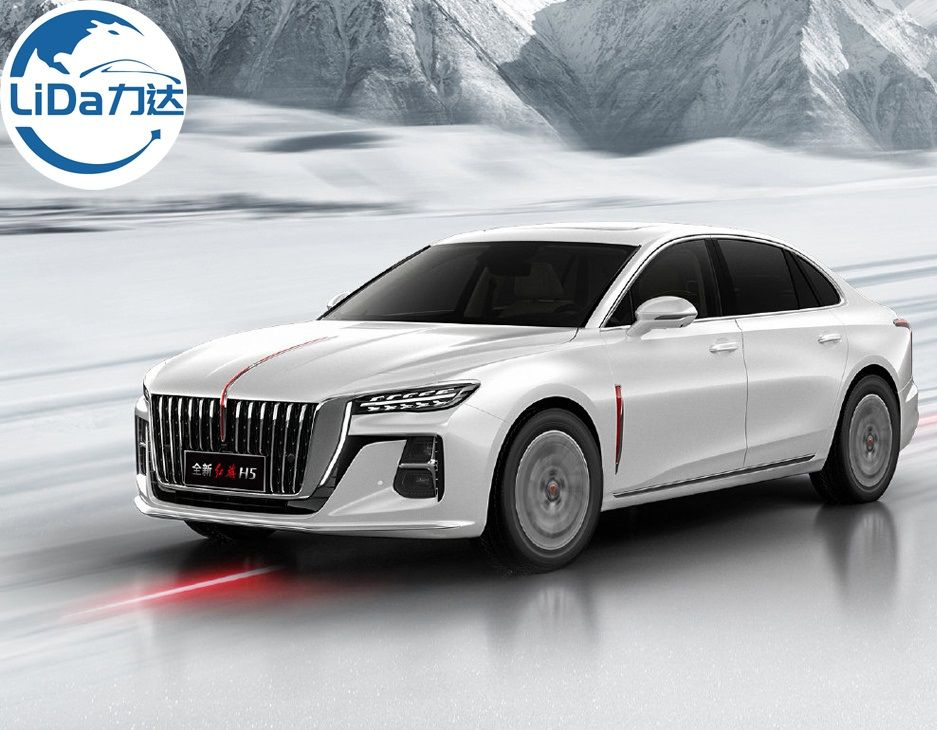
The resale value trends for electric vehicles have changed significantly over the years. As the EV market matures, numerous factors have contributed to the evolving landscape of electric vehicle resale values.
Historical Resale Value Performance
Historically, electric vehicles faced steep depreciation rates in their early years due to a lack of consumer trust and concerns regarding battery performance.
- Early Challenges: For the first generation of electric vehicles, resale values were particularly low. Factors such as limited range and high initial costs played a role in decreasing buyer interest in the used market.
- Changing Perceptions: Over time, increased awareness of environmental issues and improved technology have started to shift perceptions. Contemporary electric vehicles are showing signs of better retention of value, indicating a plateauing of depreciation.
- Comparative Gains: Studies now suggest that certain electric vehicle models outperform gas vehicles in terms of resale value, particularly as consumers prioritize eco-friendliness and innovation.
Impact of Battery Life and Technology
Battery life is critical to determining the resale value of electric vehicles.
- Duration and Longevity: The longevity of a vehicle’s battery can have substantial effects on its resale value. Consumers tend to shy away from older EVs perceived to have depleted batteries, leading to lower resale prices.
- Technology Developments: Advancements in battery technology not only extend battery life but also enhance performance, thereby improving resale potential. Newer models equipped with cutting-edge batteries are likely to maintain higher resale values.
- Replacement Costs: The expense of replacing an aging battery can deter potential buyers, further affecting resale values. Greater transparency regarding battery health and replacement costs will be essential to ease buyer concerns.
Government Incentives and Their Effect on Resale
Government incentives can impact both the purchase and resale values of electric vehicles.
- Incentive Programs: Various governments offer financial incentives to encourage electric vehicle purchases, boosting initial sales and potentially impacting resale values positively. High resale values can be partially attributed to these incentives promoting EV adoption.
- Market Saturation: Over time, as more subsidies are enacted, there could be a saturation of electric vehicles in the market. If supply exceeds demand, resale values may decline, making the current incentive programs a double-edged sword.
- Regulatory Changes: Ongoing changes in regulations can impact the resale landscape. Should incentives decrease or disappear, resale values could face downward pressure, suggesting that the regulatory environment must remain consistent to support resale stability.
Improvements in Electric Vehicle Durability
Increased durability of electric vehicles is contributing to positive trends in resale values.
- Manufacturing Advances: Manufacturers are continually enhancing the durability of components, leading to longer-lasting vehicles. Enhanced build quality contributes to improved resale potential, making EVs more attractive to used car buyers.
- Real-World Testing: Long-term testing of electric vehicles on the road has demonstrated their resilience and reliability. Evidence from real-world usage serves to boost consumer confidence and elevate resale values.
- Consumer Education: Increased consumer knowledge regarding electric vehicle durability will serve to bolster resale values further. As buyers become more informed about the reliability of electric vehicles, they are likely to show greater willingness to invest.
Resale Value Trends for Gas Cars
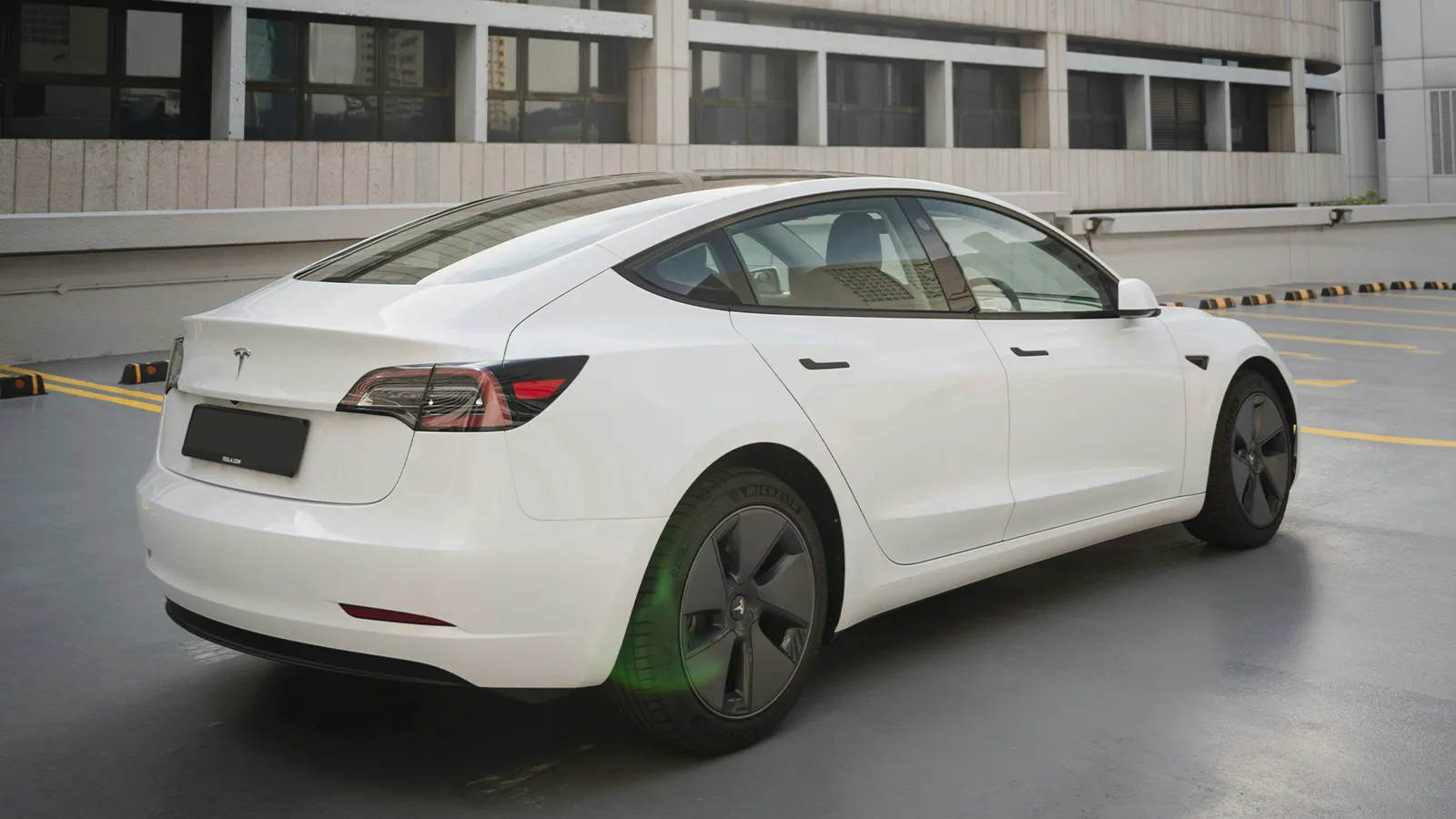
Despite the growing popularity of electric vehicles, the resale value trends for gasoline-powered cars remain relevant and influential in the automotive market.
Traditional Factors Affecting Gas Car Resale
Gasoline cars have long-established trends influencing their resale values.
- Established Market: The gas car segment has a proven track record, offering familiarity and reliability to buyers. This established market creates a sense of stability and confidence among consumers.
- Brand Factors: Brand reputation and historical performance play a significant role in gas car resale values. Brands with a history of reliability tend to hold their value better, attracting buyers who prioritize long-term dependability.
- Condition and Maintenance: An individual vehicle’s condition, maintenance history, and service records can significantly influence its resale potential. Well-maintained vehicles generally command higher prices in the resale market.
Fuel Efficiency as a Resale Determinant
Fuel efficiency is a crucial factor affecting the resale value of gasoline vehicles.
- Rising Fuel Prices: As fuel prices fluctuate, consumers increasingly prioritize fuel-efficient models, impacting resale values positively. High fuel prices can lead to greater demand for specific models known for their efficiency, which can affect resale prices favorably.
- Shift in Consumer Preferences: Growing concerns over environmental issues may lead buyers to seek out more fuel-efficient gasoline cars, eroding the demand for less efficient models. This shift can create disparities in resale values among various models.
- Long-term Viability: The introduction of hybrid and plug-in hybrid vehicles creates competition for conventional gas cars, potentially squeezing resale values for older gas-only models. As consumers opt for greener alternatives, the market for gas cars may experience fluctuations.
Brand Loyalty and Model Popularity
Brand loyalty and model popularity significantly influence gas car resale values.
- Strong Brand Recognition: Manufacturers with loyal customer bases often enjoy higher resale values. Buyers are willing to pay a premium for brands they trust, boosting resale potential.
- Model Reputation: Certain models within a brand can attain iconic status, resulting in higher demand and resale values. Popular models often generate significant interest in the used car market, driving up competitive pricing.
- Limited Editions: Special edition models typically hold their value better due to their exclusivity and desirability. Collectors often seek out these limited production runs, enhancing their resale potential.
Impact of Emission Regulations
As emission regulations become increasingly stringent, their effect on gas cars cannot be overlooked.
- Compliance Costs: Older gas vehicles that do not meet new emissions standards may face diminished resale values. Owners may find themselves having to spend money to make modifications to comply with regulations, impacting their willingness to buy.
- Future Viability: Prospective buyers may be wary of older gas models that could become obsolete due to shifting regulations. This concern can lead to lower resale values as consumers seek out compliant options.
- Transition to Cleaner Alternatives: As governments continue to promote cleaner alternatives, the resale market for gas cars may face pressures that could reduce long-term viability, further influencing resale values down the line.
Comparative Analysis of Resale Values
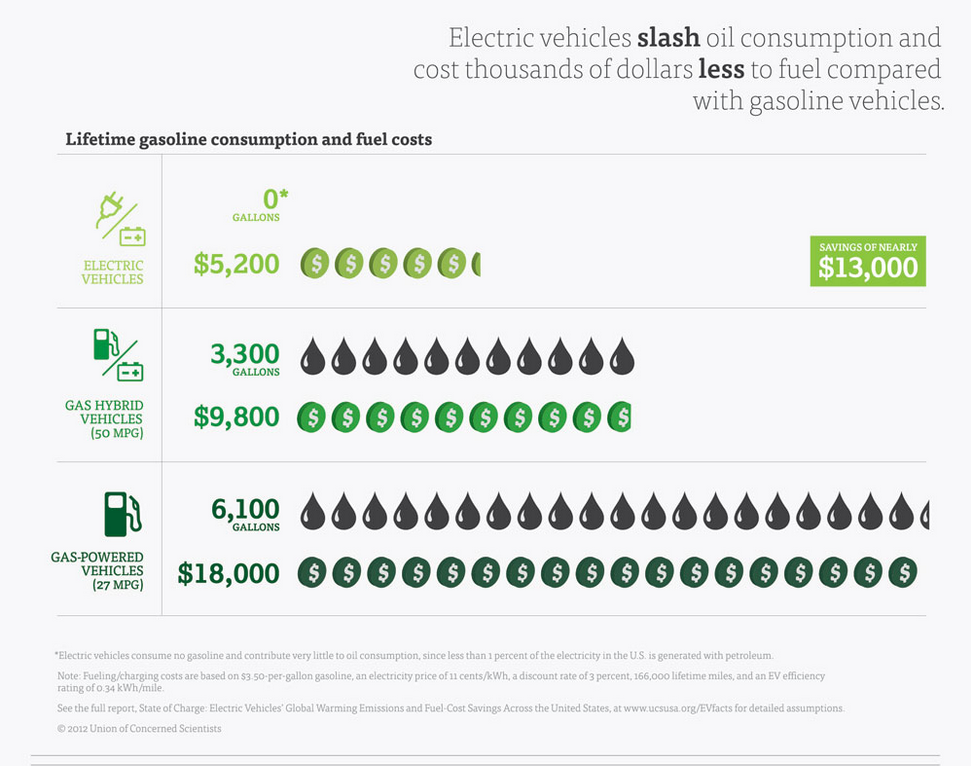
Conducting a comparative analysis of resale values sheds light on the distinctive characteristics of electric vehicles versus gasoline cars.
Depreciation Rates: EVs vs Gas Cars
Understanding the depreciation rates between electric and gasoline vehicles can provide insights into their respective resale values.
- Initial Depreciation: Typically, electric vehicles experience a steeper depreciation curve in their early years. However, this trend is gradually changing as newer models demonstrate improved performance and consumer acceptance.
- Long-Term Effects: Historically, gasoline cars have maintained more stable depreciation rates. With proven reliability and established demand, gas cars typically hold their value better over longer periods.
- Comparative Market Dynamics: The evolving electric vehicle market suggests that certain models are reversing previous depreciation trends, raising important questions about potential future resale scenarios.
Market Liquidity and Buyer Preferences
Market liquidity pertains to how easily a vehicle can be sold or purchased, which can greatly affect resale values.
- Availability of Inventory: Gasoline cars possess a larger pool of available inventory, allowing buyers plenty of options. This abundance can result in competitive pricing and lower resale values for certain models.
- Electric Vehicle Scarcity: Limited availability of quality used electric vehicles can create scarcity, ultimately driving up resale values. As electric vehicle adoption increases, this dynamic may shift, influencing future resale liquidity.
- Buyer Preferences Shifting: Market preferences are shifting towards electric vehicles, which can increase buying pressure and elevate resale values for popular models. This shift reflects broader consumer trends toward sustainable transportation.
Geographic Variations in Resale Trends
Geographic differences play a significant role in shaping the resale values of electric vehicles and gasoline cars.
- Urban vs Rural Dynamics: Urban areas often have higher concentrations of electric vehicle adopters due to more comprehensive charging infrastructure. Conversely, rural regions may still rely primarily on gas vehicles, leading to distinct market dynamics.
- Regional Regulations: Varying regulations across regions can impact demand for either type of vehicle, further affecting resale values. Areas with stringent emissions policies may see a shift in preference toward electric vehicles.
- Cultural Values: Cultural attitudes toward sustainability and green technologies can shape regional resale trends. Regions that embrace sustainability initiatives may see elevated resale values for electric vehicles while facing pressure for gas cars.
Segment-Specific Resale Performance (Luxury, Compact, SUV)
Different segments of vehicles have unique characteristics that influence resale values distinctly.
- Luxury Electric Vehicles: Luxury electric vehicles often command higher resale values, supported by brand cachet and advanced technology features. Models from renowned brands can maintain their value better than average electric vehicles.
- Compact Gas Vehicles: Compact gas vehicles often appeal to budget-conscious consumers, resulting in steady demand and relatively stable resale values. They usually have a broad buyer base, enhancing liquidity in the resale market.
- SUV Trends: SUVs, both electric and gas, showcase interesting dynamics. The growing popularity of electric SUVs may lead to a sharp rise in their resale values, reflecting demand for larger, sustainable vehicles.
Challenges Facing EV Resale Market
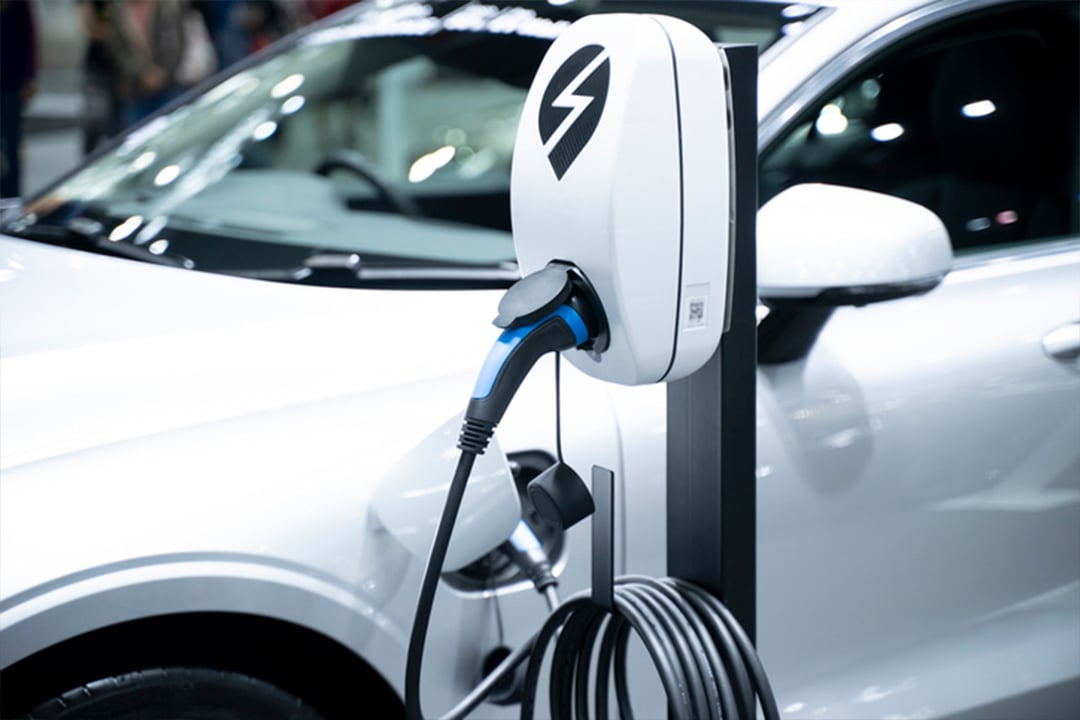
Despite the promising trends for electric vehicles, several challenges remain that can affect their resale values.
Battery Degradation and Replacement Costs
One of the primary concerns surrounding electric vehicles centers around battery durability and related costs.
- Degradation Issues: Battery performance typically decreases over time, resulting in concerns regarding the longevity of electric vehicles. Potential buyers may hesitate to purchase used EVs due to fears over battery health.
- Replacement Expenses: The high cost of battery replacement can deter buyers from investing in older electric vehicles. This perceived barrier serves to suppress resale values, causing hesitance in the used market.
- Need for Transparency: As the market matures, greater transparency about battery health and lifespan will be essential to bolster buyer confidence and potentially enhance resale values.
Limited Used Inventory and Market Maturity
The current state of the electric vehicle market presents unique challenges related to inventory levels.
- Availability Issues: Limited availability of quality used electric vehicles can hinder expansion in the resale market. Many buyers prefer newer models, creating pressure on the available inventory of older EVs.
- Market Maturity: As the electric vehicle sector continues to mature, it is expected to foster a more robust used market. However, until then, limited inventory can constrain resale opportunities and affect values.
- Growing Interest: As consumer interest in EVs increases, this challenge may diminish over time. Emerging players in the market will lead to greater diversity and competition in the resale space.
Perception of Rapid Technological Obsolescence
The rapid pace of technological advancements can create anxiety among potential buyers of used electric vehicles.
- Concerns Over Obsolescence: As electric vehicle technology continues to evolve, buyers may worry about investing in a model that could soon become outdated. This perception may dampen resale values for older electric models.
- Consumer Education Needs: Educating consumers about the actual longevity and capabilities of existing electric vehicles can help alleviate concerns and bolster resale values. Providing accurate information will guide informed decision-making.
- Balancing Innovation: Striking a balance between advancing technology and reassuring consumers about existing models will be essential for maintaining healthy resale values moving forward.
Lack of Standardized Valuation Metrics
Standardized valuation metrics are crucial for providing a clear picture of resale values in any market, including the electric vehicle space.
- Difficulty in Assessing Value: A lack of standardized metrics makes it challenging for sellers and buyers to assess the worth of electric vehicles accurately. Without reliable benchmarks, negotiation processes may suffer.
- Varied Appraisal Processes: Different appraisal processes can lead to inconsistency across the market, creating confusion for potential buyers. Establishing uniform standards for valuation would benefit the resale marketplace.
- Potential Industry Initiatives: Industry collaborations may help develop standardized metrics, facilitating smoother transactions in both the electric and gasoline vehicle resale markets.
Advantages of Gas Cars in Resale Market
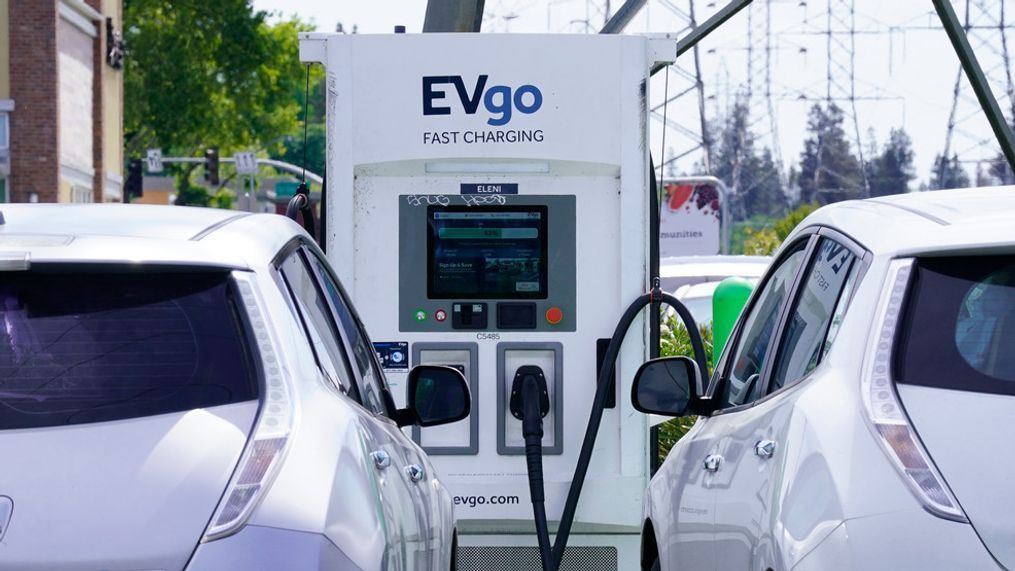
Despite the rise of electric vehicles, gasoline cars possess distinct advantages in the resale market.
Established Market and Consumer Confidence
Gasoline cars benefit from a long-standing presence within the automotive market, creating a foundation of consumer confidence.
- Market Familiarity: Most consumers have grown up with gasoline vehicles, fostering a level of comfort and trust in their use. Established habits lead to continued preference for gas vehicles, particularly in transitional phases.
- Service Infrastructure: Well-developed service networks support gasoline vehicles, making repairs and maintenance more convenient for consumers. This extensive infrastructure enhances confidence, positively influencing resale values.
Proven Longevity and Repair Infrastructure
Gasoline vehicles have established themselves as durable and reliable options within the automotive market.
- Dependable Performance: Gas cars are known for their ability to endure wear and tear, often resulting in longer lifespans compared to electric vehicles. This durability enhances resale values by assuring buyers of their investment’s longevity.
- Repair Facilities: Availability of skilled repair personnel ensures that gasoline vehicles can be serviced easily. This capability provides peace of mind to buyers concerned about long-term costs, positively affecting resale prospects.
Wide Availability of Used Gas Vehicles
The abundant supply of used gasoline vehicles contributes to a vast resale market.
- Diverse Options: The considerable availability of used gas cars allows buyers a wide selection of models to choose from. This abundance creates greater liquidity in the market, generally stabilizing resale prices.
- Price Competitiveness: The large number of available used gasoline vehicles often leads to competitive pricing. Buyers can negotiate effectively, ensuring that they receive fair value for their purchases.
- Resilience in Demand: Even as electric vehicles gain traction, the enduring demand for gasoline vehicles underscores their relevance in the market. This sustained demand helps preserve resale values, counteracting potential declines caused by the emergence of EVs.
Future Outlook for Resale Values
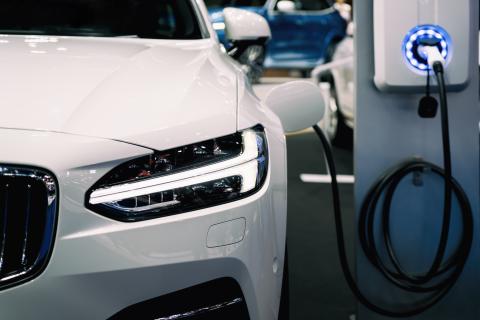
As the market for electric vehicles continues to evolve, various factors will dictate their resale values in the future.
Impact of Increasing Electric Vehicle Adoption
Growing acceptance of electric vehicles will inevitably influence their resale values moving forward.
- Wider Acceptance: As electric vehicles become commonplace, consumer attitudes may shift, leading to greater appreciation of their benefits and improved resale values. Increased adoption can also stimulate a vibrant used EV market.
- Innovation and Evolution: Continued innovations in EV technology will improve vehicle performance and marketability. This growth will support higher resale values, particularly for newer, high-demand models.
- Broader Infrastructure Development: Expanding charging infrastructure will facilitate wider adoption, encouraging buyers to invest in electric vehicles. A solid charging network bolsters confidence, enhancing resale values.
Anticipated Advances in Battery Technology
Advancements in battery technology stand to impact the resale landscape significantly.
- Longer Lifespans: New battery technologies promise longer lifespans, minimizing concerns about battery degradation. Improved battery performance will naturally enhance resale values for electric vehicles.
- Cost Reductions: As battery technologies advance, production costs may decrease, subsequently lowering the prices of new EVs. Lower entry points can attract more buyers, bolstering resale values for existing models.
- Enhanced Consumer Trust: As consumers become more familiar with battery technologies, confidence in the longevity and capabilities of electric vehicles will grow, positively influencing resale dynamics.
Policy and Incentive Developments
Government policy and incentives play a crucial role in shaping the landscape for both electric and gasoline vehicles.
- Sustainable Focus: Comprehensive policies promoting sustainable transport solutions will likely continue to expand. Such frameworks can boost electric vehicle sales and improve resale values.
- Incentive Adjustments: Changes in incentive programs can significantly alter market dynamics. Consistent incentives are vital to maintaining competitive resale values for electric vehicles.
- Emissions Regulations: Future emissions regulations will impact the desirability of gasoline vehicles, reshaping their resale values in conjunction with governmental priorities.
Potential Shifts in Consumer Attitudes
Changing consumer attitudes will profoundly influence future resale trends for both electric and gasoline vehicles.
- Environmental Awareness: As more consumers prioritize sustainability in their purchasing decisions, electric vehicles are likely to gain stature in the resale market. This shift in consciousness will have ripple effects on long-term vehicle valuations.
- Technological Literacy: Increased understanding of electric vehicles and their benefits will empower consumers to make informed decisions, enhancing the appeal and eventual resale value of EVs.
- Adaptability: The automotive market must adapt to evolving consumer expectations, including preferences for advanced technology, connectivity, and sustainability in vehicle offerings.
Strategies to Maximize Resale Value

To optimize resale values, both electric vehicle and gasoline car owners can employ strategies that enhance their investments over time.
Proper Maintenance and Documentation
Maintaining a vehicle properly and maintaining thorough documentation can significantly enhance resale value.
- Regular Service Checks: Consistent maintenance and servicing help avoid mechanical issues and prolong the vehicle’s life. Preventive care ensures that vehicles remain in excellent condition, making them more attractive to potential buyers.
- Comprehensive Records: Keeping detailed service records instills confidence in prospective buyers, demonstrating that the vehicle has been well cared for. This transparency can lead to higher resale offers.
- Scheduled Inspections: Regular inspections allow for timely identification of potential problems. Addressing these issues promptly can prevent costly repairs later, preserving resale value.
Choosing Popular and Reliable Models
Selecting models that are known for their popularity and reliability will pay dividends when it comes time to sell.
- Researching Ratings: Prioritizing models with high ratings for reliability and performance will increase the likelihood of strong resale values. Consumers tend to favor trusted models that have performed well historically.
- Market Trends: Staying attuned to market trends will help buyers identify which models are in demand. Purchasing vehicles that are anticipated to retain value over time can prove advantageous during resale.
- Brand Reputation: Investing in reputable brands known for longevity and reliability will enhance the probability of securing favorable resale values. Trustworthy brands garner buyer interest and confidence.
Timing the Sale for Optimal Pricing
Timing can play a crucial role in maximizing a vehicle’s resale price.
- Seasonal Considerations: Certain times of year may yield better resale prices due to increased demand. Researching seasonal trends and aligning the timing of the sale accordingly can significantly enhance returns.
- Market Conditions: Staying updated on market conditions and shifts in consumer demand will enable sellers to capitalize on favorable situations. Monitoring local automotive trends can inform optimal timing decisions.
- Lifecycle Awareness: Being aware of a vehicle’s lifecycle stage allows sellers to strategically plan their sale. Selling before a new generation of a model is released can prevent depreciation during the transition.
Upgrading or Updating Vehicle Features
Investing in upgrades or updates can enhance a vehicle’s appeal and resale value.
- Tech Installations: Adding modern technology can make older vehicles more appealing. Infotainment systems, safety features, and connectivity enhancements can entice tech-savvy buyers.
- Aesthetic Improvements: Simple cosmetic changes can elevate a vehicle’s perceived value. Fresh paint jobs, detailing, and upgraded interiors can create a more desirable product for resale.
- Performance Enhancements: Performance upgrades may attract buyers interested in specific vehicle attributes. By enhancing drivability and performance, sellers can position their vehicles as superior options.
Video
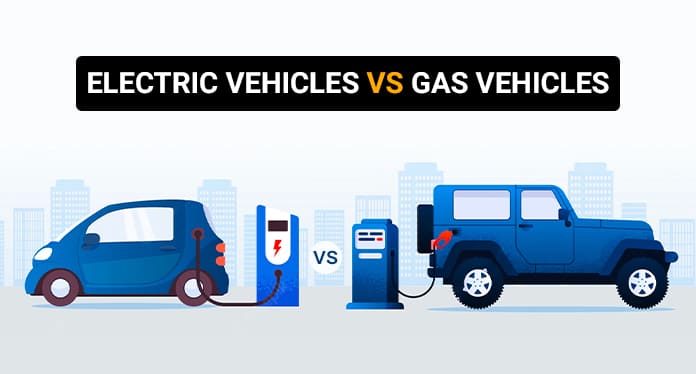
Conclusion
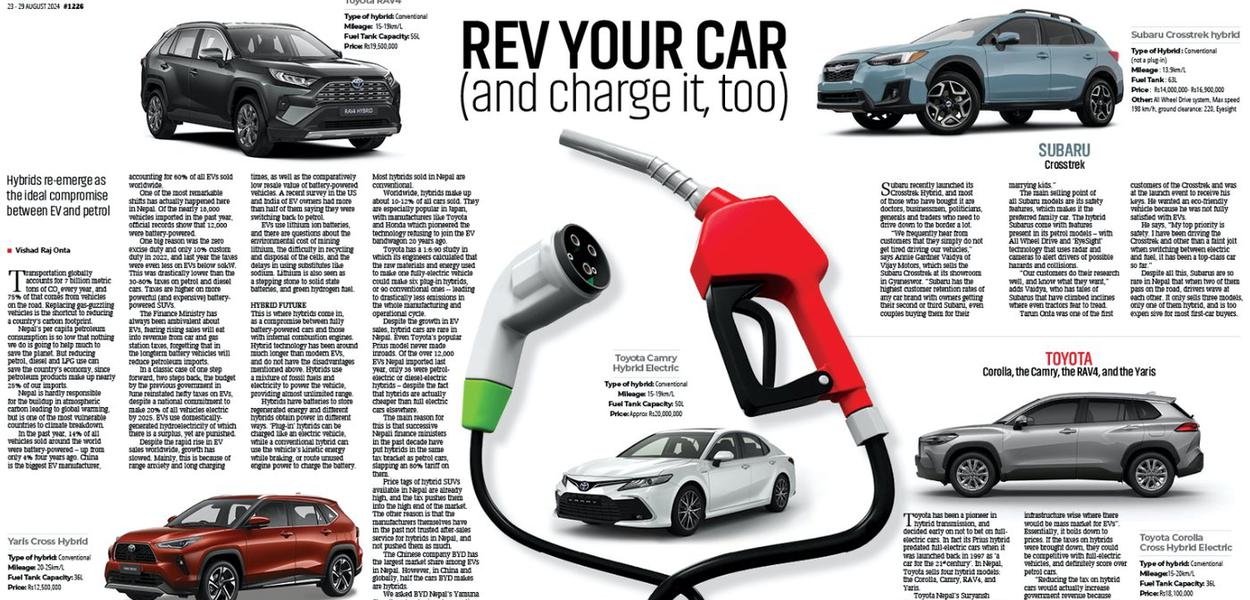
The comparison of the resale value of electric vehicles vs gas cars reveals a complex interplay of technological, economic, and environmental factors. While electric vehicles have historically faced depreciation challenges due to battery concerns and market maturity, ongoing advancements and increasing adoption are improving their resale prospects. Gas cars continue to benefit from established infrastructure and consumer trust but face long-term sustainability challenges. Ultimately, prospective buyers and sellers should consider these dynamics when making vehicle investment decisions.


